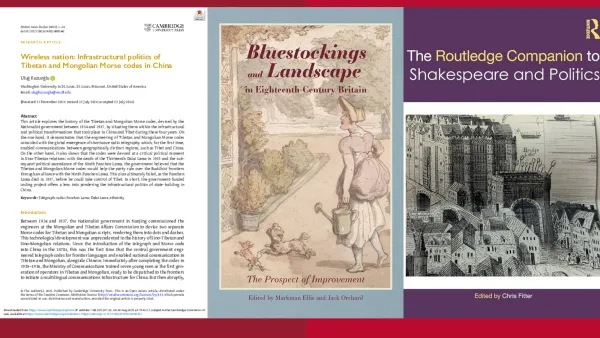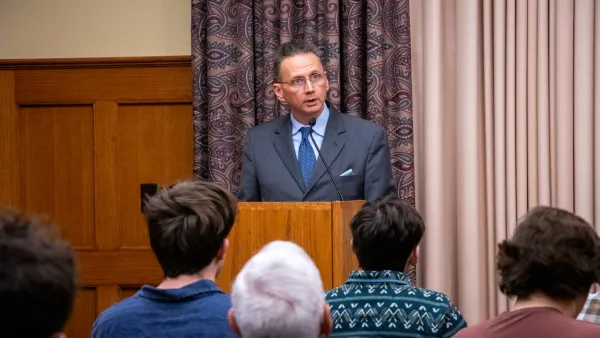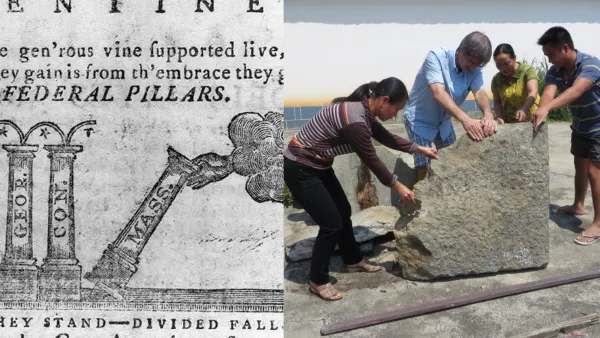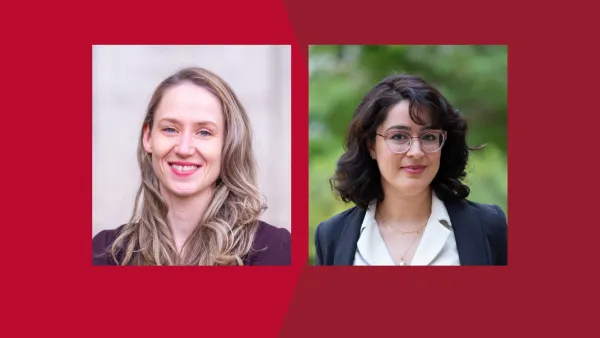by Jeff Kang, WashU History Major
Professors and students often come across controversial topics during lectures and discussions in the college classroom. Such encounters can occur in any class, regardless of its subject. If handled with care, they can initiate productive discussions and help students think more creatively. In this article, I will propose ways of distinguishing between controversial topics that are worthy of discussion and those that should be taken out of the classroom. In the following paragraphs, I describe three types of controversial topics whose introduction negatively influences classroom discussion and one type that makes positive contributions.
First, there are topics that contradict evidence. Bringing up such controversial issues during discussion halts class progress and intellectual exploration. An example of this would be a person walking into an English literature class and arguing that Shakespeare was Hungarian; the person neither helps students understand course material nor bases his or her argument on reliable facts.
Next, there are topics that call for moral judgment, rather than logical analysis. These topics often contradict conventional beliefs or acknowledged premises. Because of their contentious nature, they may initiate heated debates. One example is religion. For instance, what should a professor do if a student taking a class that discusses the role of religion in society claimed that religious killing can be justified? Is he or she allowed to assert that the student is simply wrong when no source or evidence can scientifically prove that religious killing is wrong and should not be practiced? In such circumstances, a professor or discussion leader needs to determine if the class’ purpose or atmosphere suitably corresponds to the controversial topic. If the classroom setting seems appropriate – as in a philosophy or political science class – the person in charge may want to initiate a discussion over the controversial topic. Yet, if the topic causes the discussion to become emotional and hostile, the professor should stop the discussion and talk to the student separately after class to answer questions and clarify any misunderstandings.
Then, we have claims that are too broad. These arguments and assertions may be true, but they fail in encouraging students to closely examine an issue or event. For instance, most people will not disagree with the claim that “World War II was caused by Germany.” Yet, this statement should be narrowed down to help students ask what kind of factors instigated Germany to become so belligerent. Thus, when such topics arise during discussion, the professor should ask speculative questions on the issue to help students focus on various aspects of the statement.
Finally, there are controversial issues that lead to productive and healthy discussions. These subjects not only foster class discussion, but also help students understand various angles of an argument by simultaneously listening to others and voicing their own opinions. Many professors often purposely ask questions regarding controversial issues during class to encourage students to abandon biased and unreflective perspectives.
Yes, it is true that controversial topics can appear in any class, regardless of its academic focus. Yet, from my experience, historians constantly contend with controversial issues throughout their careers. The first question that I had to answer in my class on the First World War was, “Who initiated the Great War?” One may be inclined to say “Serbia,” but a surplus of primary and secondary sources complicate the answer for historians [Talk to Dr. Corinna Treitel if you want to know more about this topic]. History majors must tackle such controversial questions in and out of the classroom. Although not everyone will decide to become History majors or take any history courses, students will undoubtedly witness such encounters with controversial issues occur in any classroom during their college careers. As the school year progresses, I hope that this article can give students – history majors or not – some food for thought.



